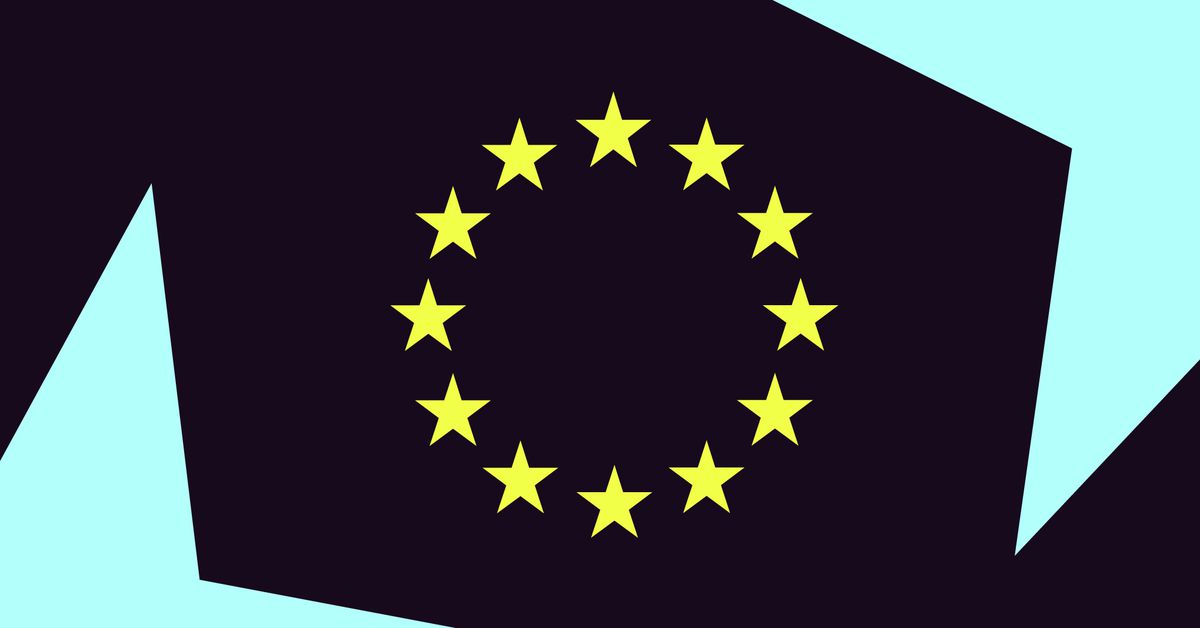The EU’s Consumer Protection Cooperation (CPC) regulators, who began their investigation after complaints from consumer watchdog groups, claim the company uses confusing language to explain how both the paid and “free” versions of Facebook and Instagram work and that its rollout pressured people to make a choice without enough time to consider how it would affect them. They also say that calling the ad-free versions of Facebook and Instagram “free” is misleading since it still requires users to consent to the use of their data for targeted ads.
Didier Reynders, EU Commissioner for Justice, says customers shouldn’t be “lured into” thinking they won’t see ads if they pay the subscription, or that it’s free despite the company profiting from their personal data. Companies must be transparent upfront about how they use user data, he added.
“Subscriptions as an alternative to advertising are a well-established business model across many industries,” Meta spokesperson Matt Pollard told The Verge in an email, “Subscription for no ads follows the direction of the highest court in Europe and we are confident it complies with European regulation.”



Only as long as there is also the third option: having nothing to do with them. With Facebook’s tendrils and tentacles spread across 90% of the Internet, this is not really an option, even if you never ever visit their actual website.
I use NoScript (Unlock can do this too) to block Facebook and Twitter scripts on the internet. I like to think that works but don’t know for sure.
In an ideal world yes, 100% agreed.